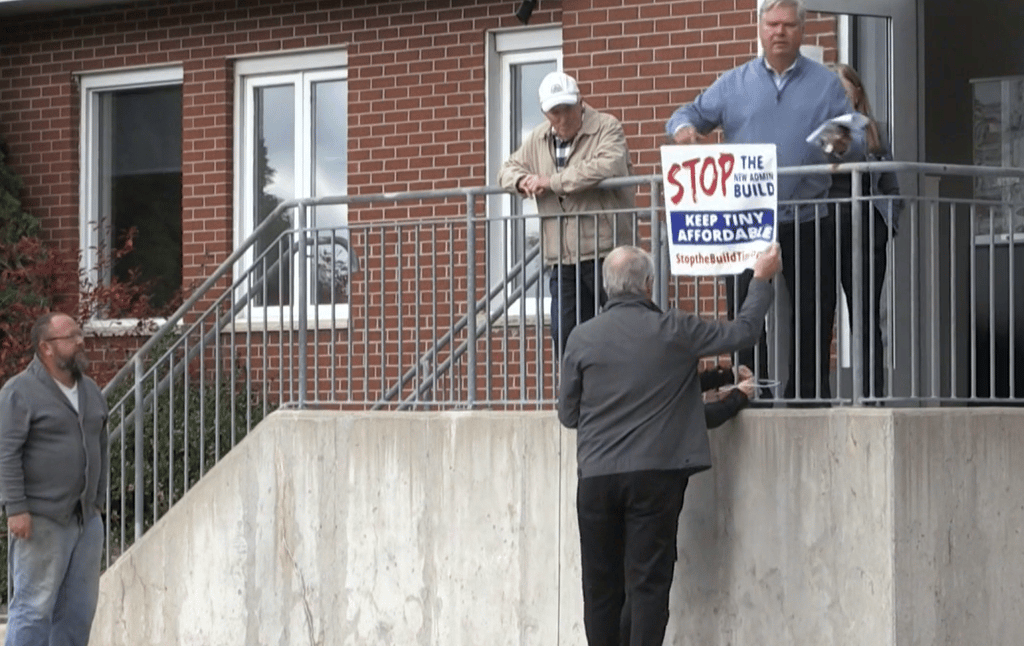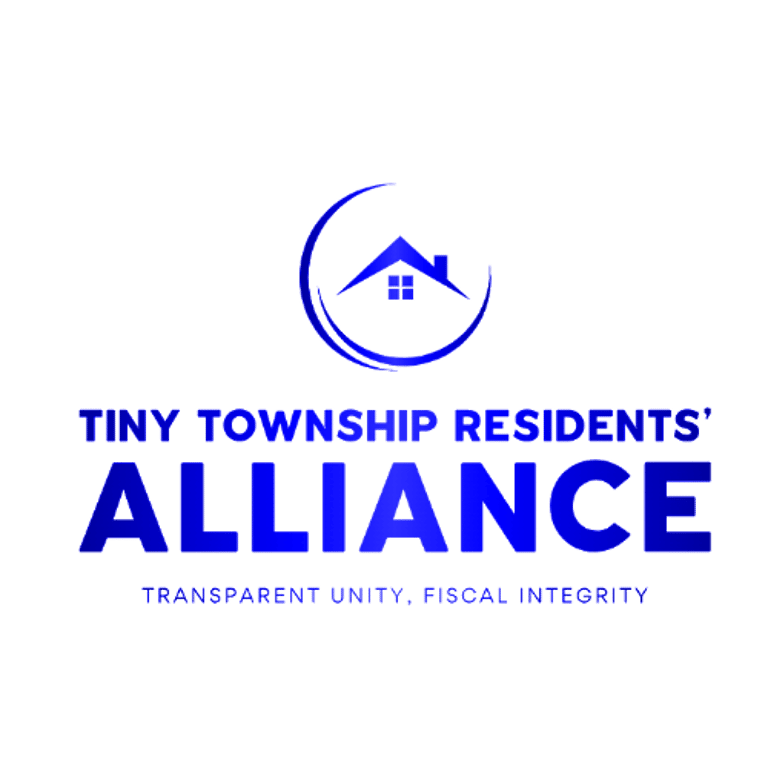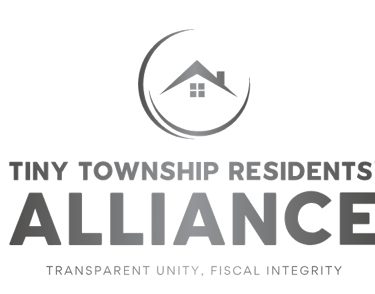Impact on Tiny Township from Ontario’s Proposed Municipal Accountability Act, 2025
The proposed Municipal Accountability Act, 2025 aims to restore trust in local government by introducing a province-wide code of conduct, mandatory ethics training, and real penalties for misconduct. In Tiny Township—where tensions have flared over council behaviour and controversial projects—the Act offers a timely opportunity to rebuild accountability and public confidence in municipal leadership. (Photo a screenshot from CTV Barrie, October 24, 2024)
TinyTRA
5/9/20253 min read


The Ontario government’s proposed Municipal Accountability Act, 2025 is poised to significantly alter the landscape of local governance, aiming to restore public trust by standardizing conduct rules and strengthening accountability mechanisms across all municipalities. For Tiny Township—a community that has experienced escalating tensions between elected officials and residents—the legislation could not be more timely.
A New Standard for Conduct
One of the Act’s core features is the introduction of a province-wide code of conduct for municipal officials. Currently, municipalities—including Tiny—set their own rules, resulting in uneven enforcement and widely varying expectations. By mandating a single, standardized code, the province seeks to ensure all councillors are held to consistent standards, particularly around issues such as harassment, discrimination, and professional behavior.
This will be especially relevant in situations like the now-infamous October 2024 incident (minute 1:04 on the CTV video), when members of the Stop the Build group were preparing for an interview with CTV Barrie outside a local residence. As the camera crew set up, Mayor David Evans abruptly confronted the group, demanding in what witnesses described as a “rude, aggressive, and inappropriate tone” that a protest sign be removed from the property. Though the encounter was partially captured on video, the cameras were not yet recording audio, meaning the verbal exchange went unrecorded.
Two formal complaints were later submitted to the township Integrity Commissioner. Both were summarily dismissed, prompting further frustration among residents who felt there was no meaningful accountability. Under the new Act, such a scenario would fall under the scope of the provincial code, and with clearer benchmarks for acceptable conduct—and the potential for escalating complaints to Ontario’s Integrity Commissioner—residents might finally have a fairer process for redress.
Mandatory Training and Cultural Change
Another notable provision in the proposed legislation is mandatory ethics training for all municipal councillors and select local board members. In Tiny, where tensions between council and the public have flared over issues like the $50M proposed administration building, this requirement may encourage a shift toward more respectful and constructive engagement.
By making training compulsory, the province signals that ethical governance is not optional, and that elected officials must be equipped to navigate their responsibilities with professionalism. For a council that has sometimes appeared unprepared—or unwilling—to engage respectfully with criticism, this could be a transformative cultural reset.
Real Consequences for Misconduct
Perhaps the most dramatic departure from the current regime is the Act’s introduction of stricter penalties for serious ethical breaches. Under the new rules, a councillor in Tiny could face removal and disqualification from office if:
The Township’s Integrity Commissioner recommends such action,
Ontario’s Integrity Commissioner agrees, and
The rest of council votes unanimously in favour.
While this safeguard is deliberately rigorous, it sends a clear message: bad behaviour can—and will—carry consequences. In the October 2024 case, the targets and witnesses of the incident felt their concerns were ignored because the current enforcement mechanisms are toothless. The proposed legislation addresses that gap directly.
Greater Oversight, Greater Trust
By increasing transparency and introducing external oversight, the Act is designed to restore confidence in local government. Residents in Tiny have long voiced frustration over what they perceive as arrogance and unresponsiveness from their elected officials. The ongoing controversy around the administration building project, widespread signage protests, and sustained public engagement show a community eager for better governance.
If passed, the new legislation would come into effect for the 2026 municipal term, giving municipalities time to consult with the public and align their local policies with the new framework. For Tiny Township, this transition presents an opportunity not just to comply, but to rebuild trust—starting with more accountable leadership.
A Shift Long Overdue
The events of 2024 in Tiny illustrate exactly why Ontario’s municipal accountability framework needs strengthening. When a mayor can publicly berate residents in front of a news camera and face no meaningful consequence, the democratic process is diminished. As of May 1st, 2025, the province is signalling that the era of unaccountable local governance may finally be drawing to a close.
The Municipal Accountability Act, 2025 isn’t just policy reform—it’s a necessary recalibration of power, ethics, and trust at the local level. For Tiny Township, it may mark the beginning of a long-overdue course correction.


